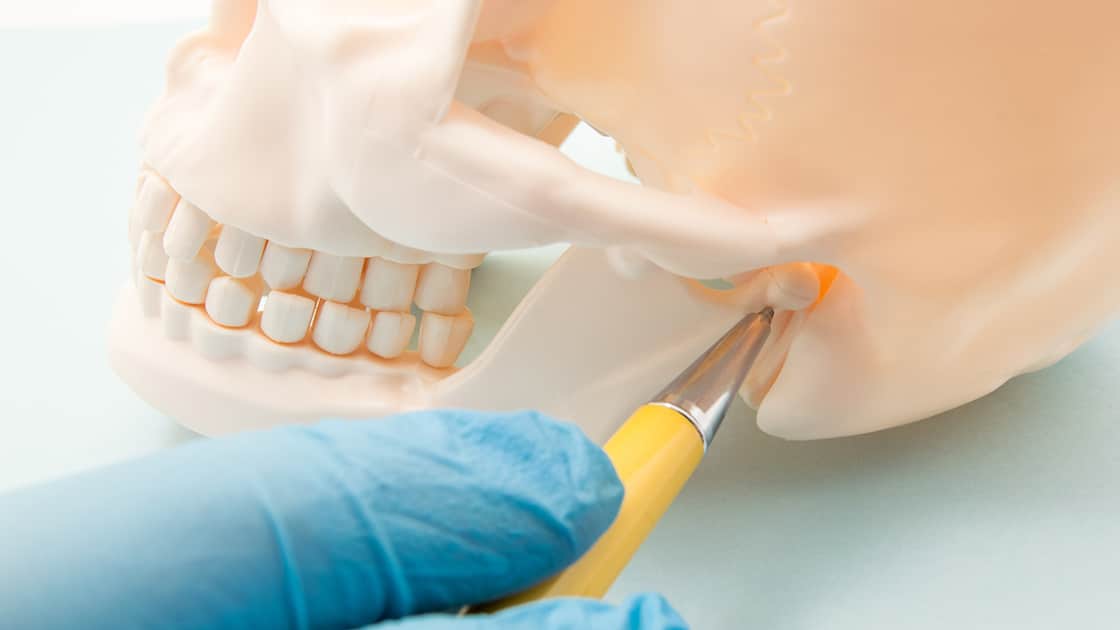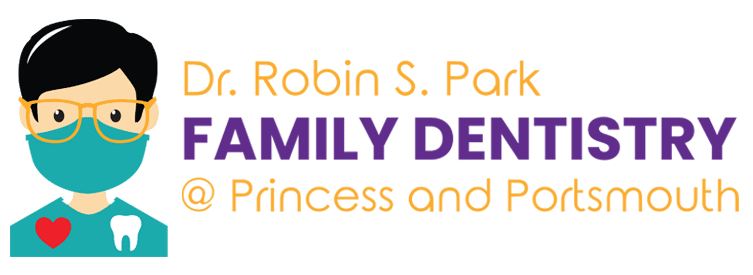
Dr. Park Family Dentistry offers TMD treatment in Kingston, Ontario.
What is TMD Treatment?

TMD stands for temporomandibular joint disorder. The condition is also commonly known as TMJ. TMD is a painful condition that affects the temporomandibular joints that connect both sides of the jaw to the skull. It can cause myofascial pain, internal joint problems, and degenerative joint disease.
Dentists can treat TMD by prescribing 3D-printed splints that hold the jaw in the proper position. A TMD splint is similar to a mouthguard. They allow the muscles and ligaments in the jaw to relax, preventing grinding, clenching, and other habits that exacerbate TMD pain.
Botox can also temporarily treat TMD pain and discomfort. The dentist injects Botox into the facial muscles experiencing pain.
Our dental office also works with a physiotherapist that specializes in TMD treatment and vertigo to help relax the painful jaw and facial muscles and joints.
Signs You Need TMD Treatment
The signs of TMD can start subtly, but the condition often progresses to where it causes the patient a great deal of pain. Here are signs you may need treatment:
- Stiffness in the jaw
- Limited jaw movement
- Painful popping, clicking, or grating in the jaw
- Pain in the jaw joint and chewing muscles
- Hearing loss, dizziness, or ringing in the ears (tinnitus)
- Change in dental bite
If you only have a non-painful clicking or popping sound in your jaw, this is a normal phenomenon and does not need treatment.
Why Choose Dr. Park Family Dentistry?
Our office provides comprehensive treatment for TMD and related disorders, including dental and physiotherapy care. We use updated materials and techniques to offer a modern dentistry experience in a warm, friendly office environment. We speak English and Korean.
Frequently Asked Questions
Bruxism or teeth grinding can bring on TMD. Any repetitive clenching or grinding motions like excessive gum chewing and chewing on non-food objects can irritate the joint and cause pain in the surrounding muscles.
Other causes of TMD include neck, head, or jaw trauma, arthritis, and a misaligned dental bite. Genetics may also play a role.
Activities that you should avoid as much as possible include:
- Clenching your jaw
- Grinding your teeth
- Chewing gum too often
- Chewing pens, ice, or other non-food items
- Yawning widely
- Resting your chin in your hand
- Exhibiting poor posture
As much as you can, stay away from these poor habits.
